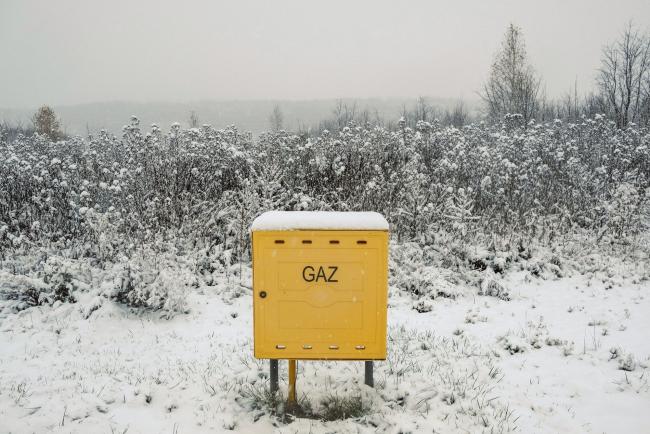Gas prices in Europe are unstable
2022.12.08 08:21
[ad_1]

Gas prices in Europe are unstable
Budrigannews.com – Prices for natural gas in Europe fluctuated as record imports of liquefied natural gas helped to offset a severe winter that is testing the region’s ability to deal with the energy crisis.
Since high prices attract shipments, LNG imports into northwest Europe have increased significantly in recent weeks. As the demand for heating grows, the continent is also working to maintain its gas reserves.
From London to Latvia, temperatures are set to dip under freezing before long, conjectures show. Following Russia’s reduction in gas supplies as a result of its war in Ukraine, this is Europe’s first real test of the season. Power and gas networks are also under strain due to a decline in wind power and nuclear outages in Sweden and France.
More Ukraine is experiencing a shortage of electricity
Kristy Kramer, vice president for gas & LNG research at Wood Mackenzie Ltd., stated, “We now expect two-thirds of all US LNG cargoes to land in Europe this year.” “Regasification capacity is currently the major impediment to even more US LNG exports to Europe.”
According to data from Gas Infrastructure Europe, Europe’s gas storage levels are still more than 90% full, despite a decline from nearly 96% in the middle of November. Facilities in Norway have experienced additional outages as a result of the recent cold snap.
Read: Traders are also keeping a close eye on developments in China, which is loosening Covid-related restrictions that have stifled energy demand. Arctic Blast to Test Swedish Power Grid as Nuclear Plant Shuts There could be more international competition for LNG if Asia freezes.
According to Peter Heydecker, executive director of trading at the German energy company EnBW, “Germany has one of the highest prices for LNG right now, and that has helped to attract cargoes.” While we compete globally, we currently have a significant need. We still anticipate sufficient LNG, but that may change quickly, and we must monitor Asia’s demand.
By 1:33 p.m. in Amsterdam, the European benchmark had increased by 1% to €150.80 per megawatt-hour. The UK comparable agreement expanded 1.3%.








